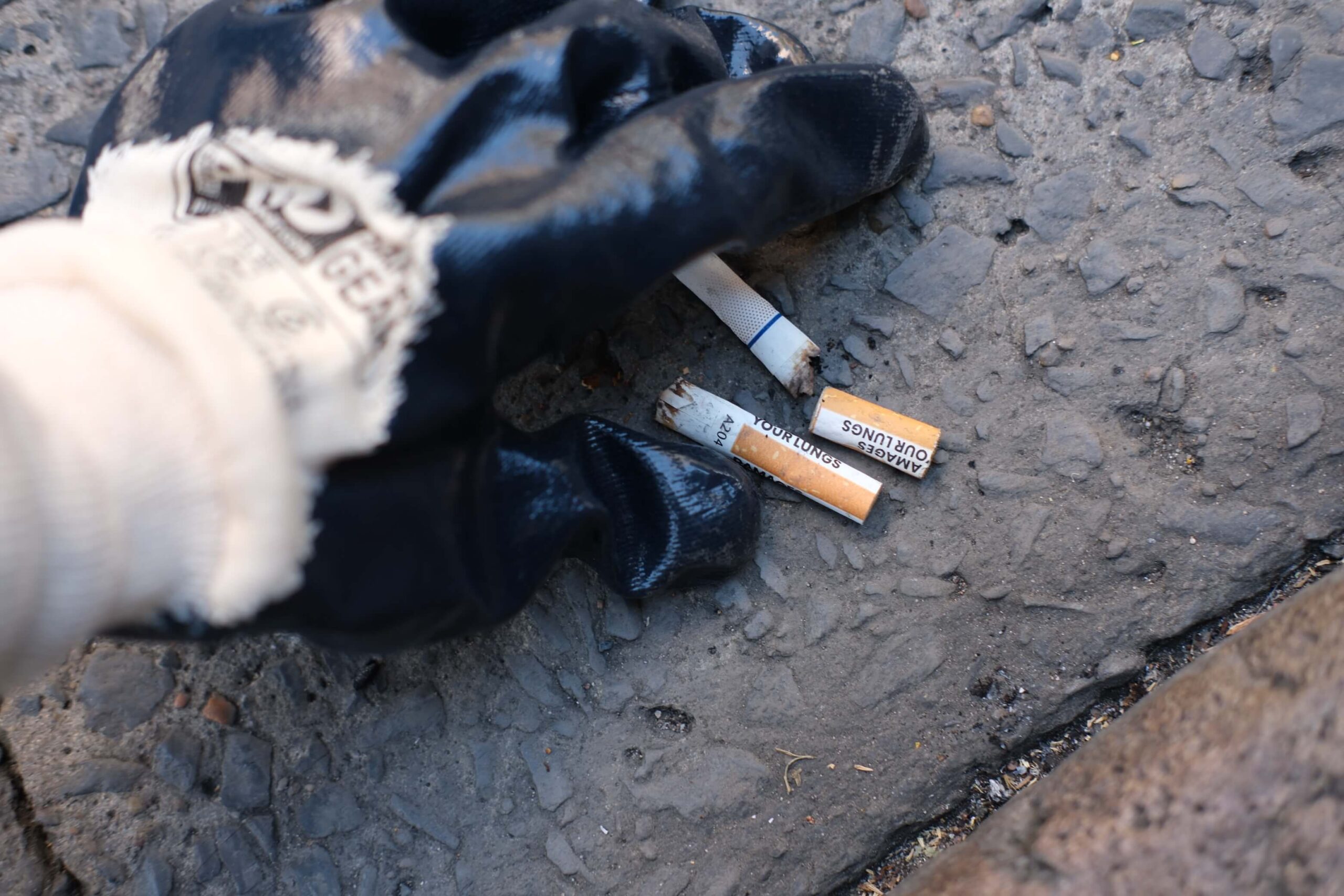It is estimated that up to 8.9 billion butts* are littered in Australia every year.
Cigarette butts are the most littered item on the planet. This makes them the most abundant form of plastic waste in the world, with about 4.5 trillion individual butts polluting our global environment every year.
Each year, they are in the top two most reported litter item across Australia, and in FY24 represented a whopping 20.1% of all counted litter in our Litter Report. This is an increase of 3.9% on FY23 which counted cigarette butts at 16.2% of all reported litter nationally.
In FY24, cigarette butt litter counts were second only to soft plastic counts.


